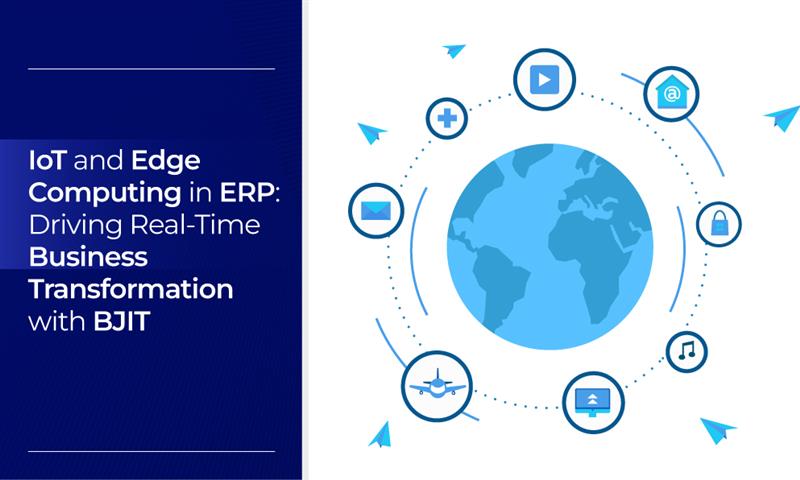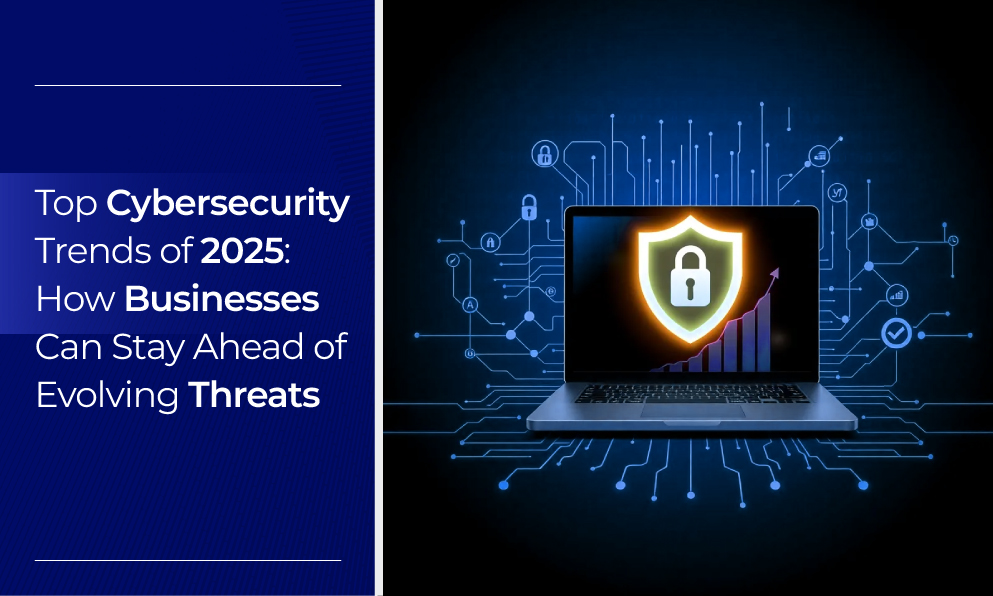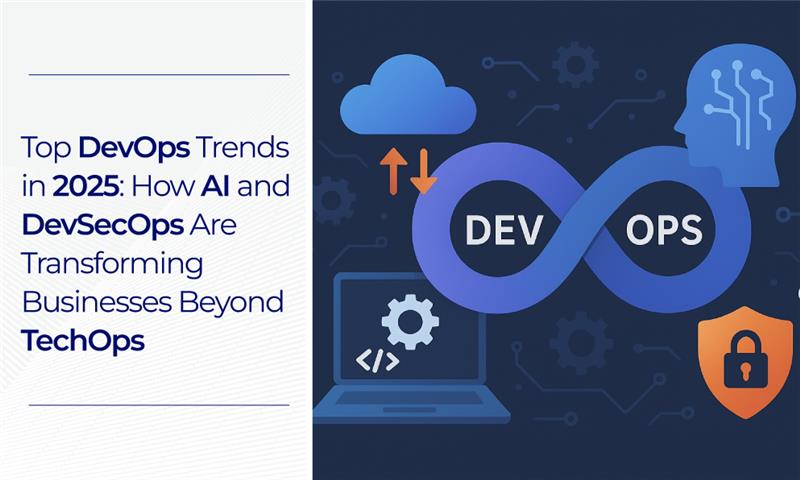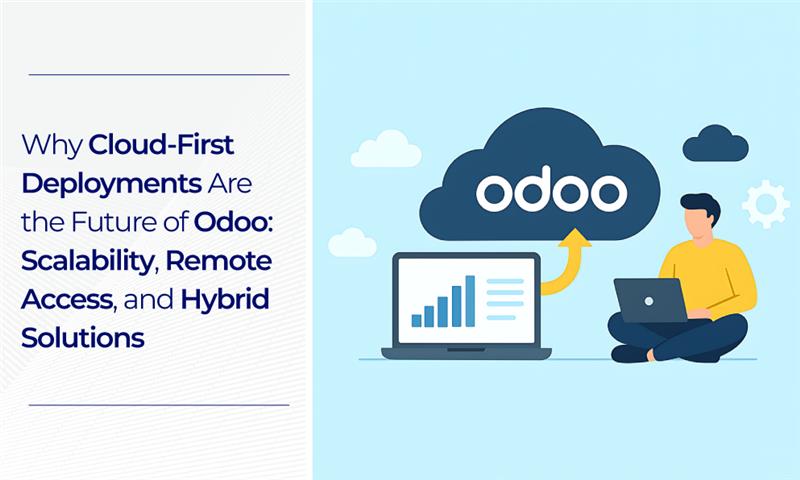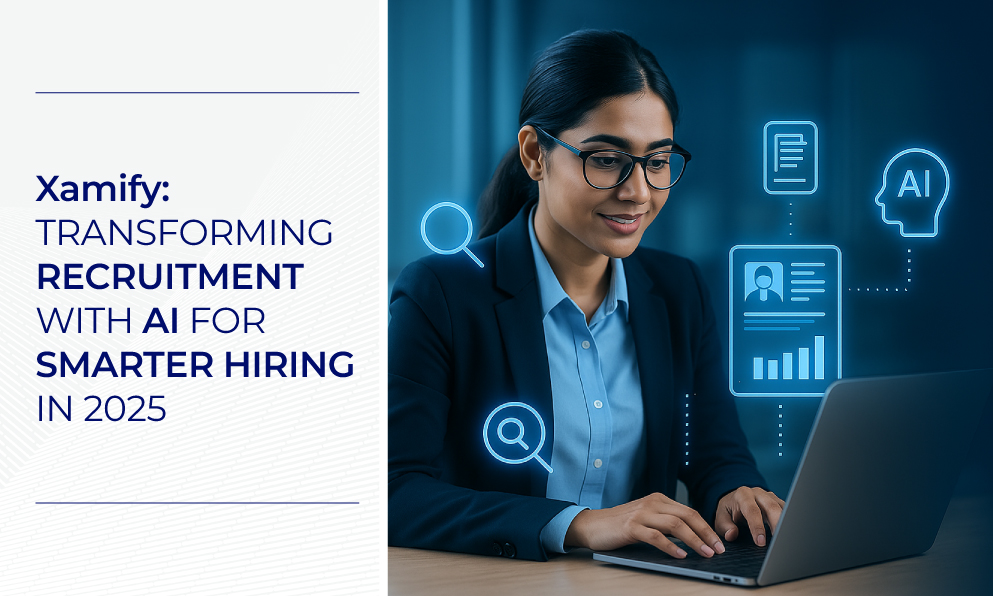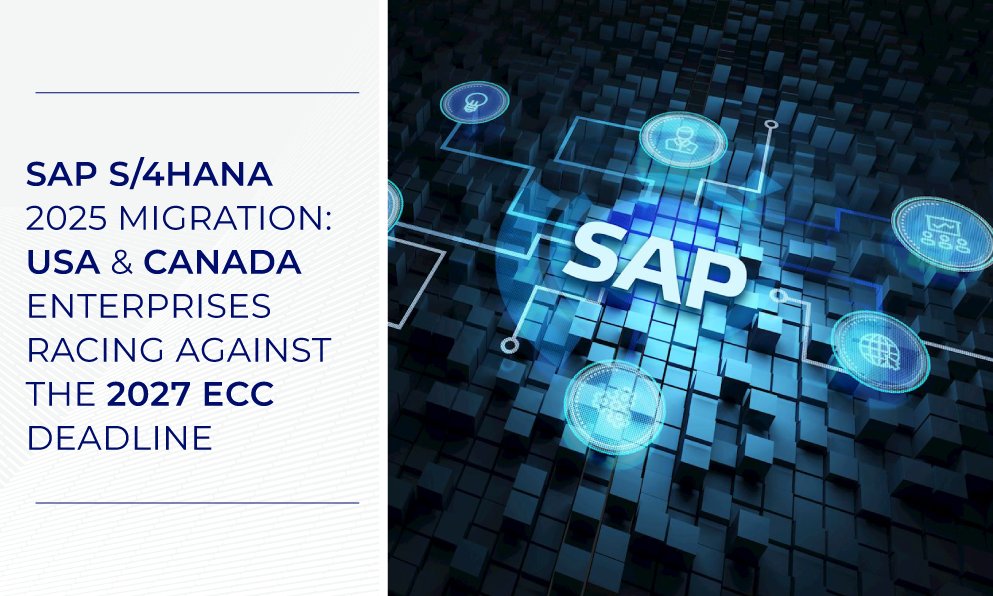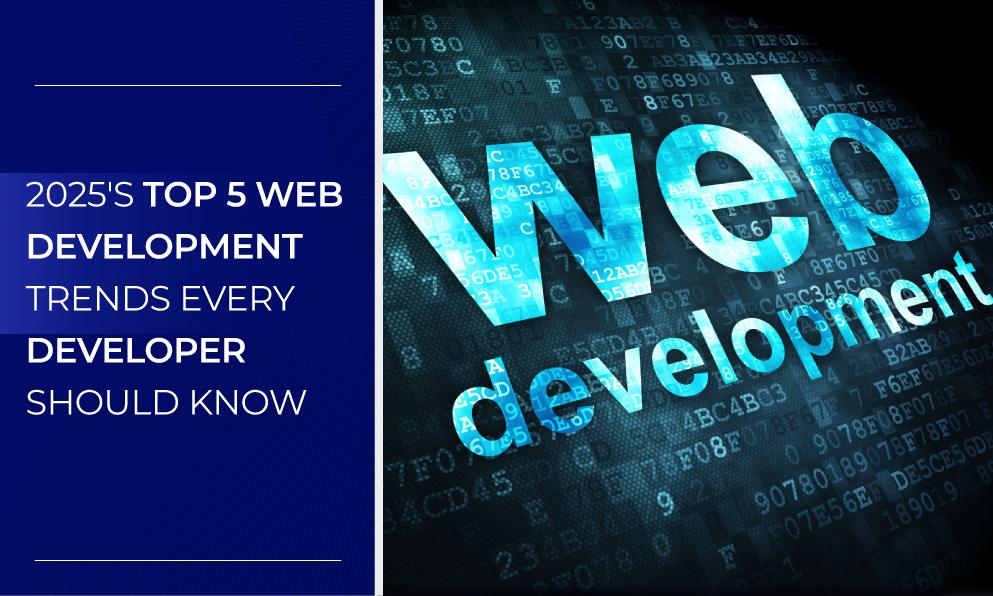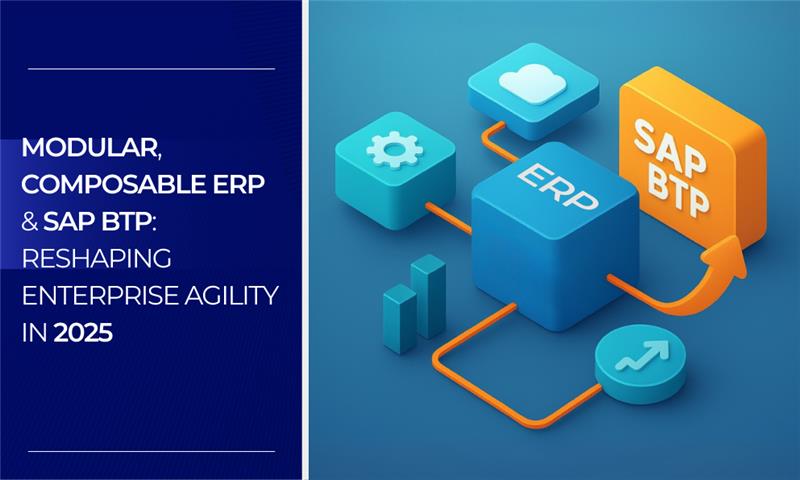Top DevOps Trends in 2025
As businesses enter 2025, DevOps has evolved beyond merely accelerating release cycles or enhancing collaboration between development and operations teams. It has become a strategic enabler of enterprise transformation, influencing how organizations innovate, scale, and secure their digital ecosystems. Enterprises are increasingly leveraging DevOps to align technology with overall business objectives, resulting in quantifiable outcomes such as enhanced revenue, greater customer satisfaction, and lower operational costs. By delivering quality software at a faster pace, businesses are better positioned to adapt to market shifts and meet customer needs (Kichara, 2025). Learn more about BJIT’s DevOps Solutions and Services.
Three powerful forces are shaping this evolution:
- Artificial Intelligence (AI) is now embedded into every stage of the DevOps lifecycle, making processes smarter and more predictive (China & Goodwin, 2025).
- DevSecOps is shifting security from being a compliance checkbox to being an inseparable part of the development DNA.
- Cloud automation and next-generation CI/CD pipelines are reducing complexity and enabling enterprises to operate at a global scale.
For forward-thinking tech leaders, these aren’t just operational upgrades—they represent the blueprint for building future-ready digital enterprises. At BJIT, we help enterprises not just follow these DevOps trends but turn them into measurable business outcomes. Book a free consultation today to see how. BJIT offers consultants with more than a decade of experience. Check the BJIT DevOps and Cloud Infrastructure case study.
How AI is Revolutionizing DevOps
One of the biggest shifts in DevOps 2025 is the integration of artificial intelligence and machine learning into everyday workflows. In the past, DevOps depended heavily on manual monitoring and reactive firefighting. Engineers spent hours combing through logs, tracking down root causes, and resolving issues only after they had already disrupted customers.
Today, AI in DevOps—often called AIOps—has redefined how enterprises operate. Instead of waiting for downtime to strike, intelligent monitoring platforms analyze millions of events in real time, identify patterns of abnormal behavior, and predict failures before they happen (Tatineni, 2023).
The impact extends across the full DevOps lifecycle. Development pipelines now include AI-driven code analysis that flags vulnerabilities and inefficiencies before software ever reaches production. Testing is no longer limited to static scripts; machine learning models determine which areas of the codebase are most likely to break and prioritize those tests, accelerating release cycles.
For executives, the benefits are strategic rather than technical. AI-driven DevOps leads to fewer outages, faster deployments, stronger security, and leaner operating costs—all of which directly improve customer trust and competitive positioning. Enterprises that embrace AIOps are not just making their IT teams more efficient; they are creating business systems that are more resilient, adaptive, and capable of scaling to new demands without disruption.
With BJIT’s expertise in AIOps and intelligent pipelines, enterprises can accelerate innovation while reducing costs and risks. Let’s have a quick call discussing your goals.
DevSecOps: The Security-First Approach
If AI is the brain of modern DevOps, DevSecOps is its immune system. By 2025, security has become inseparable from development. Organizations can no longer afford to release fast and “fix later.” In a regulatory environment shaped by GDPR, CCPA 2.0, and increasing cybersecurity risks, DevSecOps is the default mode of operation (Yusuff, 2023).
The philosophy of DevSecOps is simple but transformative:
- Security testing and compliance checks are integrated into every phase of development.
- Vulnerabilities are caught early, often at the code commit stage.
- Automated pipelines continuously validate software against compliance frameworks.
Consider a financial services company deploying a new digital banking app. A traditional DevOps pipeline might have pushed the app to production, only for vulnerabilities to be discovered post-launch. A DevSecOps pipeline, however, would have automatically flagged insecure APIs during the build phase, saving millions in potential breach costs and reputational damage.
For executives, the benefit of DevSecOps goes beyond risk reduction. It accelerates innovation by creating a security culture where developers, security teams, and operations work as one. This reduces bottlenecks, speeds compliance audits, and builds customer trust in digital platforms.
Partner with BJIT to integrate DevSecOps seamlessly into your pipelines and turn security into a competitive advantage, not a roadblock.
TechOps vs DevOps: What Enterprises Need
Tech leaders often ask, “What is the real difference between TechOps and DevOps, and why does it matter for enterprises?”
TechOps traditionally focuses on keeping systems running—monitoring infrastructure, ensuring uptime, and fixing issues when they occur. It is about stability and continuity. DevOps, on the other hand, is designed for a world of rapid innovation. It emphasizes continuous delivery, collaboration, and automation, ensuring software moves smoothly from development to production.
But in 2025, the distinction is even sharper. TechOps is reactive, while DevOps is proactive. DevOps anticipates change, integrates feedback loops, and aligns directly with business goals (LogicMonitor, 2025).
For example, in a manufacturing company adopting Industry 4.0, TechOps would ensure that servers hosting IoT data remain functional. DevOps, however, would go further: continuously integrating sensor data, updating machine-learning models, and pushing real-time insights into production lines. The result is business agility, not just operational stability.
This shift is critical for enterprises aiming to transform. Staying with TechOps keeps businesses in a maintenance mode, while embracing DevOps propels them into growth and innovation mode.
CI/CD Pipelines: Best Practices in 2025
At the heart of modern DevOps lies the CI/CD pipeline, which seamlessly integrates code changes and delivers them into production. By 2025, CI/CD pipelines have evolved into intelligent, secure, and fully observable systems, going far beyond simple automation. They are now a strategic foundation for enterprises looking to accelerate innovation while maintaining compliance and reliability.
Key Features of Next-Gen CI/CD Pipelines
- AI-Driven Testing: Modern pipelines use machine learning to predict the most failure-prone areas of code, prioritizing testing where it matters most. This reduces deployment errors and ensures high-quality releases without slowing down development.
- Zero-Trust Security Integration: Every dependency, container, and service is verified continuously to prevent vulnerabilities from reaching production, embedding security into the heart of the pipeline rather than as an afterthought.
- GitOps Methodology: Deployments are managed as code, making environments reproducible, auditable, and consistent across development, staging, and production. This reduces configuration drift and ensures reliable deployments at scale.
- End-to-End Observability: Pipelines now provide real-time insights into build performance, deployment health, and end-user impact. This feedback loop allows teams to react instantly to performance issues or errors in production.
Business Impact for Enterprises
Next-generation CI/CD pipelines empower organizations to move at unprecedented speed:
- Release updates daily or multiple times per day, instead of monthly or quarterly.
- Respond immediately to market changes, customer feedback, or regulatory requirements.
- Reduce operational risk through automated testing and proactive security verification.
- Turn software delivery into a strategic advantage, rather than a bottleneck.
By adopting intelligent, secure, and observable pipelines, enterprises not only accelerate innovation but also maintain enterprise-grade reliability and compliance across their software delivery lifecycle.
With BJIT’s expertise in designing AI-powered and security-integrated CI/CD pipelines, your enterprise can achieve faster releases, stronger security, and measurable business impact. Let’s talk.
BJIT’s Role in Business DevOps Transformation
DevOps transformation goes far beyond adopting tools—it’s about reshaping business culture, aligning strategy, and ensuring flawless execution. At BJIT, we partner with enterprises across industries to embed AI, DevSecOps, cloud-native architectures, and modern CI/CD practices into the core of their digital ecosystem.
Our methodology is not one-size-fits-all. We take a consultative approach, tailoring solutions to industry-specific needs and business goals:
- Financial Services—We design AI-driven monitoring, automated compliance, and secure CI/CD pipelines to support real-time banking platforms, fraud detection, and ever-evolving regulatory demands. This enables banks and fintechs to launch new digital services faster—without compromising security.
- Retail & E-commerce— From managing flash sales to handling seasonal traffic surges, BJIT builds resilient, scalable pipelines enhanced with AI-based load prediction and automated rollback mechanisms. Retailers gain agility, ensuring smooth customer experiences even during peak demand.
- Manufacturing & Industry 4.0 – We integrate IoT, edge computing, and AI analytics into DevOps workflows. This allows predictive maintenance, optimized supply chains, and smarter production lines—bridging the gap between the factory floor and cloud innovation.
- Telecom & High-Tech – With 5G, microservices, and cloud-native infrastructures, BJIT helps telecoms and tech companies deploy new services with near-zero downtime, ensuring reliability at scale.
- Healthcare & Life Sciences – Security and compliance are paramount. We implement DevSecOps pipelines that accelerate innovation while ensuring adherence to HIPAA, GDPR, and other global standards. This results in faster delivery of digital healthcare solutions without regulatory risks.
With 24+ years of proven delivery experience, operations in 8+ countries, and a team of 800+ engineers, BJIT has become a trusted global partner for enterprise-wide DevOps transformation. Our strength lies in combining deep technical expertise with cross-industry insights, ensuring that DevOps is not just an IT upgrade but a strategic enabler of business growth and competitive advantage.
Final Thoughts
The top DevOps trends of 2025 highlight a fundamental truth: businesses can no longer rely on legacy TechOps approaches if they want to remain competitive. By embracing AI-driven automation, embedding DevSecOps as a default, and investing in next-generation CI/CD pipelines, enterprises can move faster, operate more securely, and innovate at scale.
For tech leaders, the question is not whether to adopt these practices, but how quickly they can be integrated into your business model.
Ready to accelerate your DevOps journey? Book a consultation with BJIT today and discover how we can help your enterprise transform beyond TechOps.
References
- China, C. R., & Goodwin, M. (2025, August 22). Beyond shift left: How "shifting everywhere" with AI agents can improve DevOps processes. IBM Think. https://www.ibm.com/think/insights/ai-in-devops
- Kichara, A. (2025, March 20). How DevOps is transforming US enterprises in 2025. DEV Community. https://dev.to/anshul_kichara/how-devops-is-transforming-us-enterprises-in-2025-m4g
- LogicMonitor. (2025, February 14). What is agentic AIOps, and why is it crucial for modern IT? LogicMonitor. https://www.logicmonitor.com/blog/what-is-agentic-aiops-and-why-is-it-crucial-for-modern-it
- Tatineni, S. (2023). AIOps in cloud-native DevOps: IT operations management with artificial intelligence. Journal of Artificial Intelligence & Cloud Computing, 2(1), 1–7. https://doi.org/10.47363/JAICC/2023(2)154
- Yusuff, M. (2023, May 16). Ensuring compliance with GDPR, CCPA, and other data protection regulations: Challenges and best practices. Journal of Data Privacy & Compliance, 2(1), 1–7. https://doi.org/10.47363/JDPC/2023(2)123
